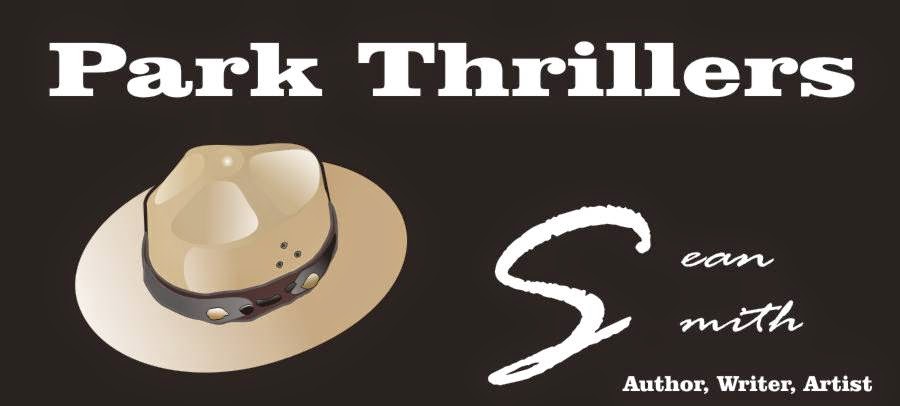I've read countless thrillers. Some good, some not so good. What draws me to these novels is a
number of things, but a good hero is at the top of the list. In my experience, there are a number of qualities a hero must have in order for the reader to relate to the protagonist. I've identified five attributes that any good hero must have.
When I write my thrillers, I've made a conscience effort to include the following attributes in my hero Grayson Cole.
Intelligence
First and foremost, a hero must be smart. He studies law enforcement and public safety, but a good hero is well rounded. He should know science and history. But how to order at a five star restaurant, as well as, a greasy spoon doesn't hurt. Knowing poetry and art are helpful as well, especially for wooing women. Think the world's most interesting man.
More often than not, its the hero's intelligence, his ability to out think the villain which will save his and the country's bacon. However, our hero is smart enough to know he doesn't know everything and isn't afraid to learn always learn more.
Strength
Along with intelligence, every so often a hero may have to fight his way out of a situation. Sometimes a strong right cross, a well placed kick, or jab to the mid section is called for. A good hero knows when to use his head and his fist. Yet, that strength isn't always brute force, it always includes a deep understanding of his feelings and emotions which serve as a well of inner strength.
Looks
Every good hero has got to be good looking. As its said about Bond, every man wants to be him. Every woman wants to be with him. Yet, besides sex appeal good looks make the hero more approachable and often directly contrast with the villain.
Humility
However those good looks don't go to our hero's head. Rather, the hero knows that his looks are not his most important attribute and like the others can be lost or taken away. He appreciates his strengths, but is aware of his weaknesses as well. As Chinese philosopher Sun Tzu wrote our hero knows himself, and as such he need not fear the result of a hundred battles.
Purpose
Perhaps the most important attribute of a hero is a sense of purpose. A true hero most have a meaning, a reason behind his life. It's this purpose that serves as his moral compass and guides his actions especially in situations where most see the right decision as ambiguous. Knowing what's right and doing it despite the fact that it may be difficult is what truly makes are protagonist a hero.
What do you think makes a good hero?
Pick up a copy of
Unleashing Colter's Hell and see Grayson Cole put these attributes into action.
 Here's my 2014 reading list. It's a mix of fiction and non-fiction, history, science, and thrillers. The list is more than 8000 pages. It's the most pages I've read in a single year since college. Many of the books were for fun, but most were research for my next novel.
Here's my 2014 reading list. It's a mix of fiction and non-fiction, history, science, and thrillers. The list is more than 8000 pages. It's the most pages I've read in a single year since college. Many of the books were for fun, but most were research for my next novel. 





















